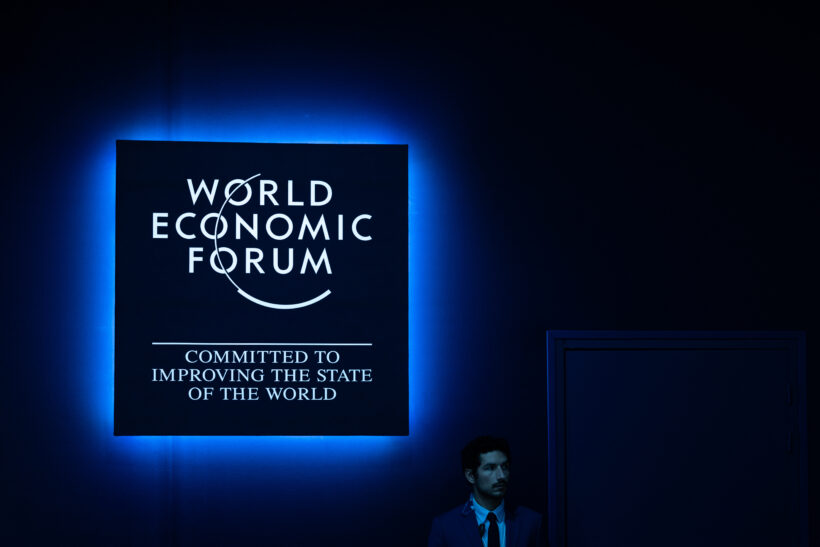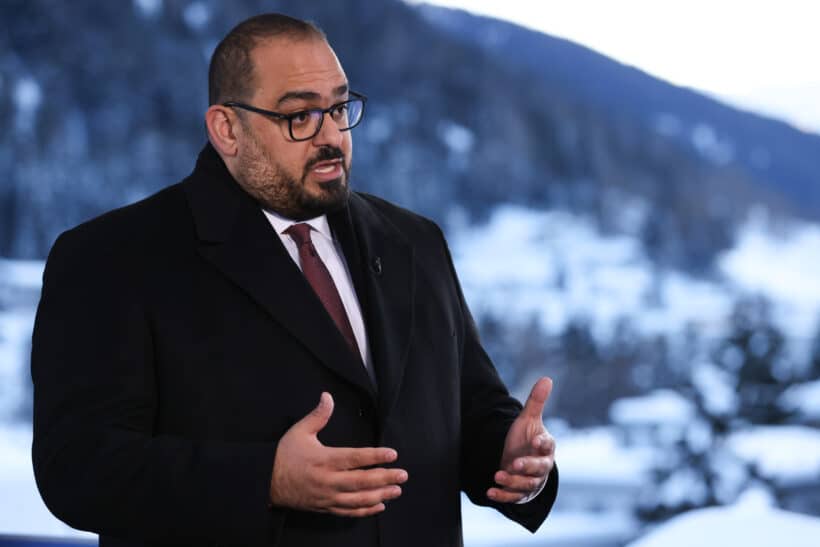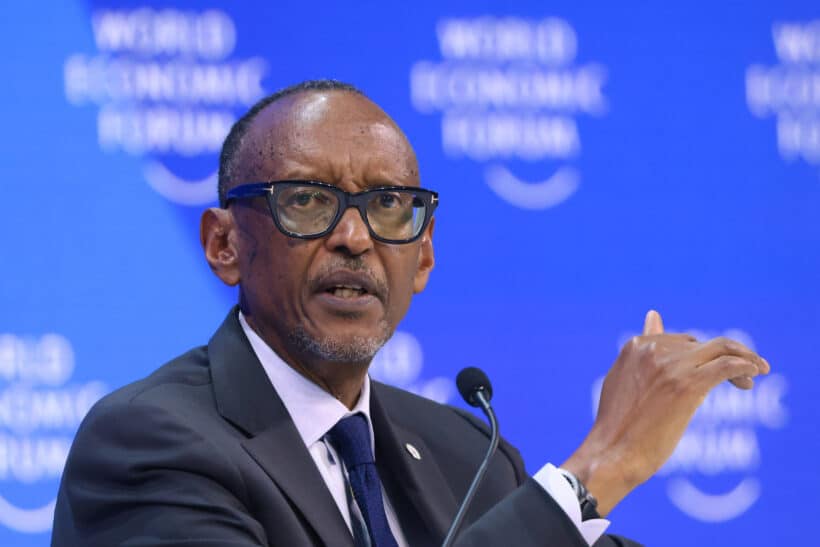
Thursday 18 January saw the fourth day of the World Economic Forum gathering in Davos, Switzerland. Some contentious topics were under discussion, the hottest debates raging around African debt.
Standard Bank Chairwoman Nonkululeko Nyembezi was one of the first delegates from Africa to tackle this sensitive subject. She said a sovereign-debt crisis is the biggest issue facing Africa right now, and nations need to address corruption and implement “fundamental structural reforms to address debt problems”.
According to the International Monetary Fund, more than half of the low-income countries in the region are now at a high risk of losing control of their debt, or are already in debt distress. Ethiopia became the latest African country to default on its debt after it failed to make an interest payment in December, joining a league of non-paying nations that includes Zambia, Ghana and Sri Lanka.
Nyembezi said building resilience in sub-Saharan African economies would not be possible without “knocking head-on” the issue of corruption.
Transparency International’s 2023 Corruption Perceptions Index puts sub-Saharan Africa’s regional average score of 32%, with 44 of the 49 countries assessed still scoring below 50%.
Nyembezi called for greater transparency on the balance sheets of highly indebted countries if they want to attract investment.
Growth opportunities & projects to attract investment

Other news out of Davos is the welcome announcement by the Minister of Economy and planning of Saudi Arabia, Faisal Alibrahim, that his country’s economy is forecast to grow by 4% this year – on the back of sustained increases in non-oil economic activities. Speaking with CNBC Africa’s team at the WEF, he said that Saudi Arabia is leveraging a project called Vision 2030 – an incentive to create more growth opportunities, while highlighting a strategy to enhance relations with African countries.
https://www.cnbcafrica.com/media/6345114460112/alibrahim-saudi-arabias-economy-to-grow-4-in-2024/
Staying with Africa in Davos. The Zanzibaris are also in Switzerland, scouting for investment. The island on the east coast of Tanzania is a tourist haven for South Africans and Europeans. Speaking to CNBC Africa, Zanzibar’s Minister in the President’s Office, Mudrick Zoragha, said his government have launched many new projects to attract investment.
https://www.cnbcafrica.com/media/6345124360112/zanzibar-scouting-for-investment-at-davos/
SOUTH AFRICA and her energy and logistics crises came under the spotlight again today, when Old Mutual CEO, Iain Williamson, spoke to journalists in Davos. In an interview with CNBC Africa he stressed the urgency of the electricity dilemma. He said it was the demise of Eskom that gave way to the ports and rail disasters, hence Eskom requires preference.
https://www.cnbcafrica.com/media/6345168531112/old-mutual-addresses-sas-energy-logistics-crisis-/
Kagame & Bliken discuss DRC security situation

On the geopolitical front, Rwandan President Paul Kagame and US Secretary of State Antony Blinken met on the sidelines of the World Economic Forum in Davos, Switzerland, to discuss the security situation in the eastern part of the Democratic Republic of the Congo (DRC).
This was Kagame’s second meeting with a top US diplomat in the space of three months to discuss the DRC; in November last year, Kagame hosted Avril Haines, the US director of national intelligence, in Kigali.
In a statement, US Department of State spokesperson Mathew Miller said Blinken and Kagame “discussed how to advance efforts to ease tensions in the eastern Democratic Republic of the Congo. The secretary reiterated the need for all actors to take concrete steps to resolve the situation”.
Addressing the press ahead of their meeting, Blinken added the US was committed to African-led efforts to find a lasting solution.
He said: “We are committed to doing everything we can to support the efforts that are being made – including by Angola and Kenya – to support a peaceful resolution of differences and avoid conflict in the eastern DRC.”
“We very much appreciate the work that president Kagame has done, especially over the last couple of months, and your peaceful way forward,” Blinken said.
There are two processes underway to resolve the crisis in the eastern DRC. The Nairobi process is an East African Community-led roadmap for resolving inter-DRC violence involving more than 100 paramilitary factions known as “Mai Mai” as well as the larger M23 rebel group. There is also the Luanda Process, which works on ending hostilities between the DRC and Rwanda, which it accuses of sponsoring M23.
During the run-up to his 20 December re-election, DRC President Felix Tshisekedi said if granted a second term, he could go to war with Kagame over the M23 issue.
With his inauguration set for Saturday, the war drums are beating.

